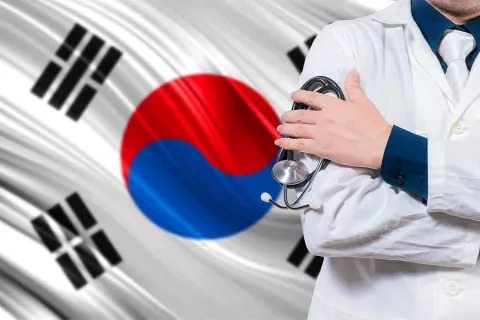
An organized system of protocols and practices known as a medical device quality management system (QMS) addresses all facets of design, production, supplier management, risk management, complaint handling, clinical data, storage, distribution, product labeling, and more. The goal of the QMS is to continuously meet consumer and Regulatory requirements while also improving the quality of medical devices and related services. The Medical Device Single Audit Program (MDSAP) enables a single Regulatory audit of a medical device manufacturer's QMS to be conducted that satisfies the standards of numerous Regulatory jurisdictions. The MDSAP criteria are audited by Auditing Organizations that have been granted permission to audit by the collaborating Regulatory Authorities.
Japan’s Ministry of Health, Labour, and Welfare (MHLW) has updated its processes and procedures for accepting QMS audit reports from medical device market registrants under the MDSAP.
The MHLW has set forth revised requirements from the ministry as well as the Pharmaceuticals and Medical Devices Agency (PMDA), which directly regulates medical devices in Japan, in terms of submitting QMS audit reports under the MDSAP for Japanese medical device market applicants. Before the MHLW joined MDSAP as a participating regulator, Japanese market registration required compliance with MHLW Ordinance 169 for QMS compliance for manufacturers.
In the past, a document review and on-site audit were undertaken by the Japanese Regulatory Authority to receive a Medical Device registration certificate. With the official acceptance of MDSAP reports on April 1, 2022, the procedure will be streamlined because the Regulatory Authority will only be responsible for document review. Not all medical devices, however, may profit from this streamlined procedure. Several devices are still not included, including those made with animal tissues, radioactive IVDs, and any facilities that recycle single-use items. It should be noted that using the MDSAP report in Japan requires paying an extra cost.
The MHLW released a guidance notification highlighting the acceptance of MDSAP audit reports in Japan on Dec 2020. The guidelines specify the timings and flow of the QMS inspection by the PMDA vis-a-vis the MDSAP audit report acceptance process. In this process, the MDSAP Auditing Organisations will perform required QMS inspections of the manufacturer’s facility and provide the MDSAP report. The MAH of the manufacturer will submit this MDSAP report to the PMDA. The PMD, based on the submitted report, will issue QMS certification to the manufacturer.
By following MHLW guidance, PMDA reduces manufacturers' burden in its QMS inspection processes when an MDSAP audit report is submitted. Submission of the MDSAP audit report may lead to the following:
- Reduction of manufacturer’s QMS documentation required to be submitted to PMDA for its off-site inspection and/ or
- Switching to off-site inspection from on-site inspection
MHLW and PMDA highly encourage manufacturers wishing to market their devices in Japan to participate in this activity and provide feedback. Manufacturers wishing to enter Japan’s medical device market must meticulously plan their device approval strategy. Manufacturers can also opt to outsource this activity to a trusted partner.
To know more about MDSAP and device registration in Japan, reach out to a Regulatory expert now like Freyr!









